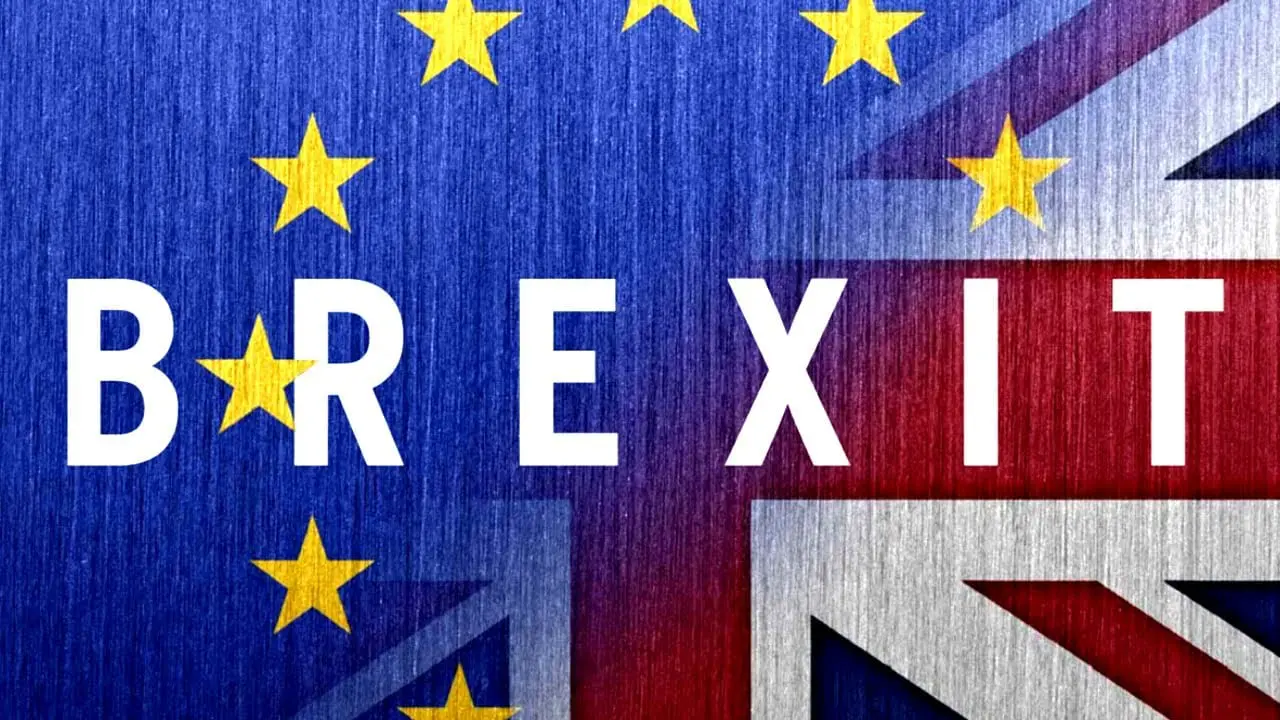It seems rather ironic that the most difficult part of Brexit is implementing it effectively in one of the smallest and most remote parts of the UK. What’s more, it is significantly disrupting trade with the Republic of Ireland. This was one of the UK’s strongest trading partners long before the EU. Clearly, action needs to be taken. The key questions are what, by whom and when?
What needs to happen?
In principle, there is a huge range of answers to that question. They go from streamlining current processes to make them work more effectively to signing up for an EEA-style trade agreement.
In practice, the question of what needs to happen has to be examined in the context of how much time there is for it to happen. Realistically, taking the UK into an EEA-style trade agreement is highly unlikely to happen any time soon (if ever).
This means that the short-term focus probably needs to be on streamlining processes. The medium-term focus needs to be on integrating systems to minimize the need for administration. Ideally, it would also involve reducing as much red tape as possible.
Who needs to act?
It’s tempting to say “the government and the EU”. This would be a fair response. It might not, however, be the optimum one. The main reason for this is that politicians, like most other people, typically prefer to be presented with solutions rather than problems.
In other words, the haulage industry is more likely to get the result it wants (in the shortest possible time) if it tells politicians exactly what it wants and what needs to happen to achieve that result. Quite bluntly, this is also the way to place maximum pressure on politicians to make haulage a high priority when faced with so many other demands.
The hard truth of the matter is that, ultimately, politicians can be held to account by voters. This means that often the best way to get their attention is to be able to demonstrate that the public is on your side. Often, the best way to get the public on your side is to have a clear message setting out the problem, the effect and your proposed solution.
It’s also worth noting that national governments may have more “skin in the game” than the EU itself. The fact that they work out of their home countries rather than Brussels means that there is a more direct connection between them and the people who vote for them. This could increase their motivation to solve a problem that is hurting their economies too.
When is action needed?
Ideally, action should be taken now or, at the very least, as soon as possible. The reality is that no matter what action the government takes, or how quickly it responds to concerns, there is going to be some kind of interval between the action and the result.
For example, one obvious action the government could take would be to increase the resources available to process loads being transported between the UK and the EU/NI. This would, however, require hiring and training extra staff. It would then require time for them to get up to speed before they really started to make a difference.
Likewise, any changes to IT systems are likely to need to be done with great care otherwise they could end up doing a lot more harm than good. Quite bluntly, governments, in general, do not have an outstanding track record when it comes to managing changes to IT systems. The change to the Universal Credit system is probably the most obvious example of this.
With all that said, most problems are solvable when people are motivated to solve them, especially when there is cooperation. Hopefully, this will lead to progress on the Brexit situation in general and the NI issue in particular.
Please contact us for any more information



Recent Comments